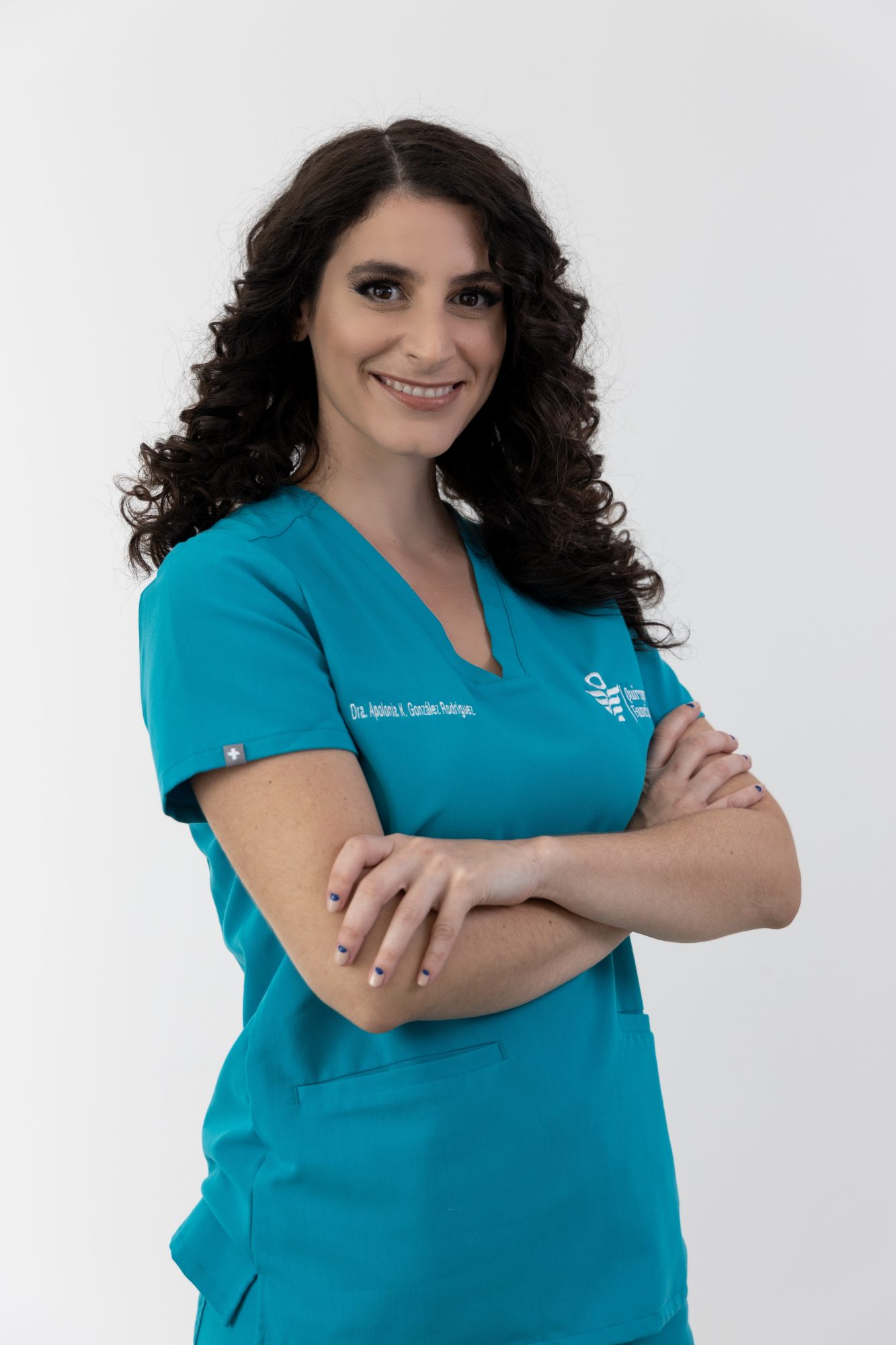Rheumatologists are medical specialists who are trained in diagnosing and treating conditions related to the joints, bones, and muscles. They play a crucial role in the healthcare system, especially in a country like Kenya, where the prevalence of rheumatic diseases is on the rise. In this article, we’ll take a closer look at what rheumatologists do, and why their services are increasingly in demand in Kenya.
Rheumatic diseases are a group of conditions that affect the joints, bones, and muscles. They can cause chronic pain, swelling, and stiffness, and can have a significant impact on a person’s quality of life. Common rheumatic conditions include osteoarthritis, rheumatoid arthritis, lupus, gout, and scleroderma, among others.
Rheumatologists are equipped with the knowledge and skills needed to diagnose and treat these conditions effectively. They receive extensive training in anatomy, physiology, and pharmacology, as well as in the use of imaging techniques, such as x-rays, MRI scans, and ultrasound, to diagnose rheumatic diseases. They are also trained in the use of non-invasive and minimally invasive techniques, such as injections and joint aspirations, to provide relief to patients.
In Kenya, the demand for rheumatologists has been on the rise in recent years. This is due to a number of factors, including an increasingly ageing population, the increasing prevalence of lifestyle-related diseases, and an overall increase in the awareness of rheumatic conditions. As a result, more and more medical professionals are specializing in the field of rheumatology, in order to meet the growing demand for their services.
However, access to rheumatologists remains a challenge for many people in Kenya, particularly in rural areas. This is due to a number of reasons, including the limited number of medical specialists in the country, the high cost of medical care, and the limited availability of medical facilities in rural areas.
In order to address these challenges, the government of Kenya is taking steps to improve access to healthcare, particularly for those living in rural areas. This includes increasing the number of medical facilities and healthcare providers, improving the availability of medical equipment, and increasing the number of medical specialists, including rheumatologists.
List of Rheumatologists In Kenya
Dr Paul Etau Ekwom
Contact: +254 715 206827
Location: 5th Avenue Building, Fifth Ngong Avenue, Nairobi
Dr Eugene Kalman Genga
Contact: +254 20 2729905
Location: Fortis Suites, Hospital Road, Nairobi
Simani Philip
Location: The Nelson Awori Centre, 5th Floor Suite A5, Ralph Bunche Road
Contact: 0708-480217, 0718-770775
Email: philipsimani@yahoo.com
Dr Angela Nyangore Migowa
Location: Cnr Limuru Road & Third Parklands Avenue, Nairobi
Dr Bernard Ouma Owino
Contact: +254 20 271 1611
Location: 1st Floor Room 6 Acacia Medical Centre General Ac, Ralph Bunche Road, Nairobi
Dr Fredrick O. Otieno
Location: Aga Khan University Hospital Doctors Plaza Nairobi,
Contact: +254 20 272 9905
Eldoret
Dr Giovanni Sanna
Contact: +254 718 923738
Location: Next Kamagut Secondary School, Eldoret
Mombasa
Dr Sophia Dokwe Mwachai
Contact: +254 41 2222523
Location: Room 207 South Wing Mombasa Trade Centre, Nkrumah Road, Mombasa.
Dr. Harun A. Otieno
Location: Room 201 Doctors Plaza, Third Parklands Ave, Nairobi
Contact: 0733 641457
Dr Lawrence Owino Okongo
Location: Office Suite 301 3rd Floor Kma Centre, Mara Road, Nairobi
Dr Omondi George Oyoo
Contact: +254 20 2729905
Location: Fortis Suites, Hospital Road, Nairobi
In conclusion, rheumatologists play a crucial role in the healthcare system of Kenya, by providing diagnosis and treatment for a range of rheumatic conditions. Despite the growing demand for their services, access to rheumatologists remains a challenge for many people, particularly in rural areas. The government is taking steps to improve access to healthcare, and it is hoped that this will lead to increased access to rheumatologists, and improved health outcomes for patients with rheumatic conditions.

